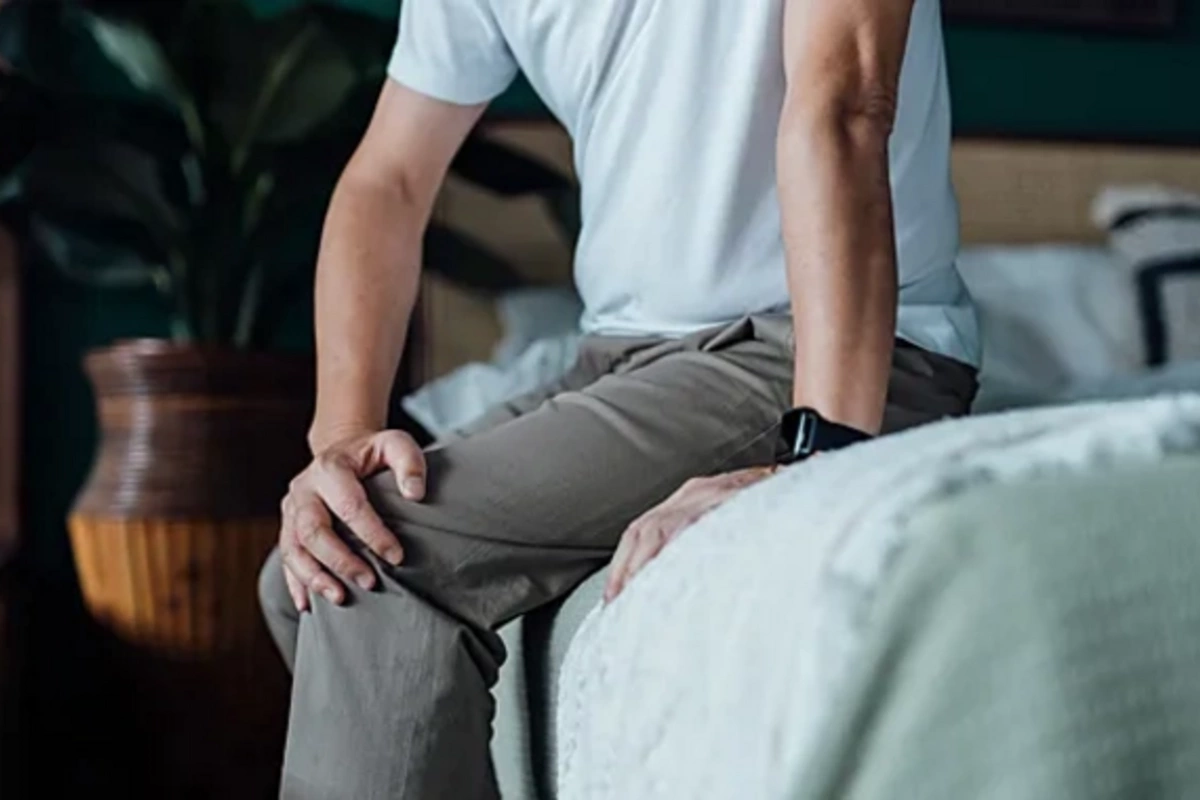02 Jul , 13:27
2

Weather and joint pain: is there a connection? New scientific data reveals the truth
The largest study conducted at Harvard Medical School found no direct link between weather and joint pain. Scientists analyzed more than 11 million visits by elderly patients to American clinics over four years. After comparing the data with information about precipitation, they found that the frequency of pain complaints barely changed: 6.35% of visits on rainy days versus 6.39% on dry days.
However, other studies show a different picture. In 2015, The Journal of Rheumatology published a study involving 810 patients with osteoarthritis. The results demonstrated that pain increased with high humidity and low temperatures, especially in people with severe forms of the disease.
A 2019 study involving 2,658 people with chronic pain syndromes also found a connection between pain and increased humidity, changes in atmospheric pressure, and strong winds.
Why might weather affect joints?
There are several theories explaining the possible connection between weather and pain:
Atmospheric pressure
Before rain, pressure decreases and humidity increases. This can cause mild swelling of tissues around joints, increasing pressure on nerve endings.
Cold
Low temperature leads to muscle tension and increased viscosity of synovial fluid, which limits mobility and causes stiffness.
Reduced activity
In bad weather, people move less, which worsens tissue nutrition and can increase discomfort.
Psychological factor
Expecting pain under certain weather conditions may enhance its perception.
How to relieve joint pain?
If weather affects how you feel, follow these recommendations:
- Stay active: regular exercise strengthens muscles and reduces stress on joints. Walking, yoga, and swimming are ideal.
- Warm up before going out: a few stretching exercises will prepare your joints for movement in cold weather.
- Control your weight: even a small weight reduction can significantly decrease the load on knees and other joints.
- Take medication if necessary: anti-inflammatory drugs can help with severe pain, but consult with a doctor first.
- Monitor your psychological state: anxiety and stress can intensify pain perception.
When should you see a doctor?
A visit to a specialist is necessary if:
- pain persists for a long time and doesn't go away after rest;
- joints swell, redden, or become hot;
- morning stiffness lasts more than 30 minutes;
- pain intensifies at night or interferes with sleep;
- additional symptoms appear, including fever.
Key points
Although scientific data on the effect of weather on joint pain is contradictory, many patients note worsening well-being under certain weather conditions. This may be related to both physiological changes and psychological factors. With regular pain, it's important to maintain an active lifestyle and seek medical attention in a timely manner to rule out serious diseases.